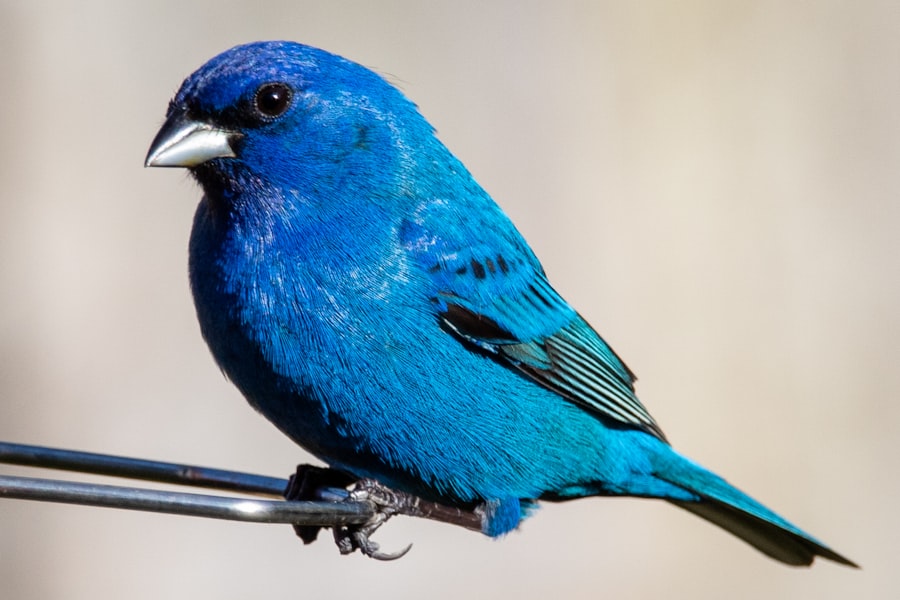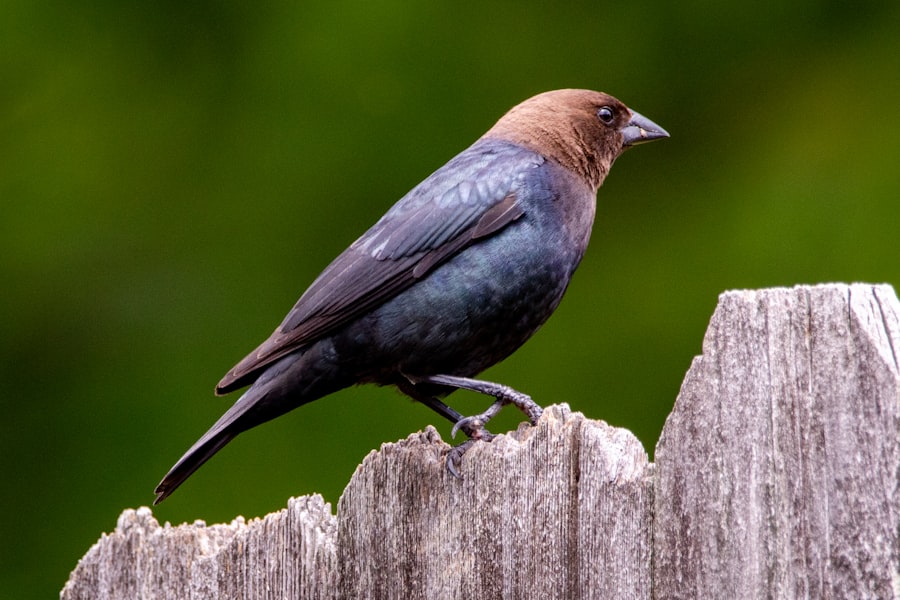When selecting chickens for a backyard flock, several factors should be considered. Climate is a crucial consideration, as some breeds are better adapted to cold weather, while others thrive in warmer conditions. The intended purpose of raising chickens is also important, whether for egg production, meat, or both.
Dual-purpose breeds can serve both functions effectively. Temperament is another significant factor, with some breeds known for their docile nature and others for being more aggressive. The size of the breed should be taken into account, especially if space is limited in the backyard.
Specific breed needs must also be evaluated. Some chickens are proficient foragers, while others may require more supplemental feeding. Health considerations are important, as certain breeds may be prone to specific issues.
Noise levels can vary between breeds, with some being quieter than others. The breed’s appearance, including feather color and pattern, may also influence the selection process. Additionally, foraging abilities, feed efficiency, and overall hardiness should be considered when choosing chickens for a backyard flock.
Table of Contents
Key Takeaways
- Consider the breed’s size, temperament, and purpose when choosing the right breed for your needs and environment.
- Provide adequate shelter and space for your birds to roost, nest, and move around comfortably.
- Ensure a balanced diet with proper nutrition to support the overall health and egg production of your birds.
- Regularly monitor and maintain the health and wellness of your birds through vaccinations, parasite control, and regular check-ups.
- Handle and socialize your birds regularly to ensure they are comfortable with human interaction and reduce stress.
- Implement proper egg collection and storage practices to maintain egg quality and safety.
- Protect your birds from potential predators and ensure their safety with proper fencing, lighting, and secure coops.
Providing Proper Shelter and Space
Security and Predator-Proofing
First and foremost, you’ll want to ensure that your chicken coop is secure and predator-proof. This means using sturdy materials and ensuring that there are no gaps or openings that predators could use to gain access to your chickens.
Space and Comfort
Additionally, you’ll want to provide enough space for your chickens to roost and move around comfortably. A good rule of thumb is to provide at least 2-3 square feet of space per chicken inside the coop, and at least 8-10 square feet of outdoor space per chicken in the run.
Maintenance and Enrichment
Providing proper shelter and space for your backyard chickens also means ensuring that their living environment is clean and well-maintained. This includes regularly cleaning out the coop and run, as well as providing fresh bedding and nesting material. Additionally, you’ll want to make sure that your chickens have access to fresh air and natural light, as well as protection from extreme weather conditions. Finally, it’s important to provide enrichment for your chickens, such as perches, dust baths, and toys, to keep them mentally and physically stimulated.
Feeding and Nutrition

Feeding and nutrition are crucial aspects of raising backyard chickens. It’s important to provide a balanced diet that meets all of your chickens’ nutritional needs. This includes a good quality commercial feed that is specifically formulated for laying hens or meat birds, depending on the purpose of your flock.
Additionally, it’s important to provide access to fresh water at all times, as well as supplemental treats such as fruits, vegetables, and grains. Furthermore, when it comes to feeding and nutrition for backyard chickens, it’s important to consider the specific dietary needs of different breeds. For example, some breeds may require a higher protein content in their diet, while others may need more calcium to support egg production.
It’s important to research the specific nutritional requirements of your chosen breed and adjust their diet accordingly.
Health and Wellness
Maintaining the health and wellness of your backyard chickens is essential for their overall well-being and productivity. Regular health checks are important to monitor for any signs of illness or injury. This includes checking for any changes in behavior, appetite, or egg production.
Additionally, it’s important to keep an eye out for any external parasites such as mites or lice, as well as internal parasites such as worms. In addition, when it comes to the health and wellness of backyard chickens, it’s important to provide regular preventative care such as vaccinations and deworming. This can help protect your flock from common poultry diseases and parasites.
It’s also important to provide a clean living environment and practice good biosecurity measures to prevent the spread of disease.
Proper handling and socialization are important aspects of raising backyard chickens. It’s important to handle your chickens gently and regularly from a young age to help them become more comfortable with human interaction. This can help reduce stress and fear in your flock, making them easier to manage and less likely to become aggressive.
Moreover, when it comes to handling and socialization of backyard chickens, it’s important to provide opportunities for your flock to interact with each other and engage in natural behaviors such as dust bathing and foraging. This can help reduce boredom and aggression within the flock, as well as promote overall well-being.
Egg Production and Collection

Creating a Peaceful Nesting Environment
A peaceful and secure nesting area is essential for your hens to lay eggs comfortably. This helps reduce stress and promotes consistent egg production.
Regular Egg Collection is a Must
Regular egg collection is vital to prevent eggs from becoming dirty or damaged. This ensures that your eggs remain fresh and of high quality.
Proper Storage for Collected Eggs
Proper storage of collected eggs is crucial to maintain their freshness and quality. This involves storing eggs in a clean, dry place, away from direct sunlight and extreme temperatures.
Predator Protection and Safety
Protecting your backyard chickens from predators is essential for their safety and well-being. This includes securing their coop and run with sturdy materials such as hardware cloth or welded wire to prevent access from predators such as raccoons, foxes, and birds of prey. Additionally, it’s important to provide a secure locking mechanism on the coop door to prevent unauthorized entry.
In addition, when it comes to predator protection and safety for backyard chickens, it’s important to be vigilant and proactive in monitoring for signs of predator activity in your area. This includes checking for tracks or signs of digging around the coop and run, as well as installing motion-activated lights or alarms as a deterrent. In conclusion, raising backyard chickens can be a rewarding experience when done with careful consideration of breed selection, proper shelter and space provision, feeding and nutrition management, health and wellness maintenance, handling and socialization practices, egg production and collection techniques, as well as predator protection and safety measures.
By taking these factors into account and implementing best practices in each area, you can ensure the health, happiness, and productivity of your flock while enjoying the many benefits of keeping backyard chickens.
If you’re interested in learning more about how to keep pet chickens, you may also want to check out this article on how to insulate a chicken coop. It provides valuable information on how to ensure your chickens stay warm and comfortable during the colder months.
FAQs
What are the benefits of keeping pet chickens?
Keeping pet chickens can provide a sustainable source of fresh eggs, natural pest control in the garden, and companionship.
What do pet chickens need in terms of housing?
Pet chickens need a secure and predator-proof coop with proper ventilation, nesting boxes, and roosting bars. They also need access to a secure outdoor area for foraging and exercise.
What do pet chickens eat?
Pet chickens require a balanced diet of commercial chicken feed, supplemented with fresh fruits, vegetables, and occasional treats like mealworms or scratch grains.
How do you keep pet chickens healthy?
Keeping pet chickens healthy involves providing them with clean water, a balanced diet, regular access to sunlight and fresh air, and routine health checks for signs of illness or parasites.
What are some common predators of pet chickens?
Common predators of pet chickens include foxes, raccoons, hawks, owls, dogs, and cats. It’s important to secure the coop and outdoor area to protect chickens from these threats.
Do pet chickens require any special permits or regulations?
In some areas, keeping pet chickens may be subject to local regulations or zoning laws. It’s important to check with local authorities to ensure compliance with any necessary permits or regulations.
Meet Walter, the feathered-friend fanatic of Florida! Nestled in the sunshine state, Walter struts through life with his feathered companions, clucking his way to happiness. With a coop that’s fancier than a five-star hotel, he’s the Don Juan of the chicken world. When he’s not teaching his hens to do the cha-cha, you’ll find him in a heated debate with his prized rooster, Sir Clucks-a-Lot. Walter’s poultry passion is no yolk; he’s the sunny-side-up guy you never knew you needed in your flock of friends!







